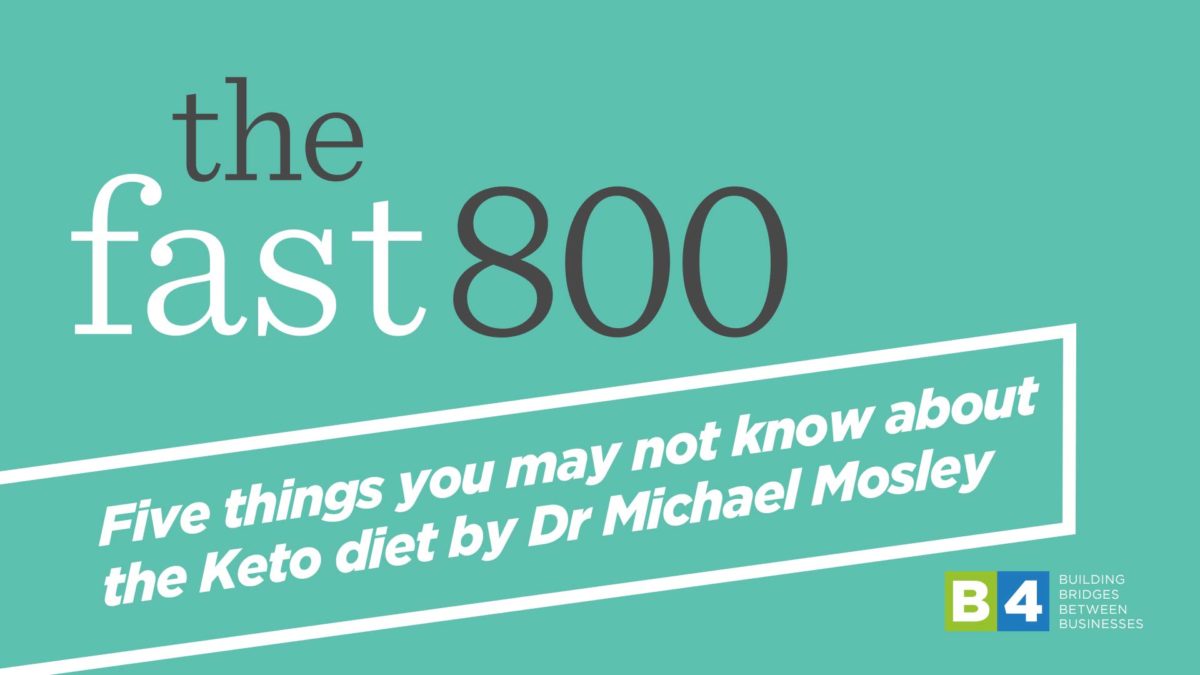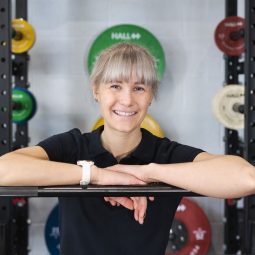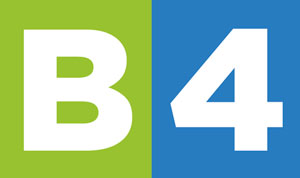
Five things you may not know about the Keto diet by Dr Michael Mosley
The Keto diet plays an intrinsic part of The Fast 800, the lifestyle plan developed by Dr Michael Mosley.
“Your body is like a hybrid car – it runs on two main energy sources, sugar and fat. The Keto diet, and intermittent fasting, encourages your body to flip from one to the other, burning through your fat stores and restoring your body to health.”
Dr Mosley shares his expert insights about following the Keto diet:
1. Flipping the switch between burning sugar and burning fat is the key to the Keto diet.
The Keto diet, where you eat low carb, high fat and high protein foods, is designed to switch the body from burning sugar to burning fat – by prompting mild ketosis. Ketosis occurs when the body uses fat as its main fuel.
With time restricted eating, you induce a state of mild ketosis, and that seems to produce some widespread benefits including stabilising blood sugar levels and weight loss.
2. Swap white bread and pasta for fibrous carbs like chickpeas and wholegrains
Clinical trials consistently show that low carb diets are effective for weight loss, over and above low fat diets that once proved popular for those slimming down and watching their weight. The trick is not to cut carbs completely, but rather to be choosy about the ones you regularly eat.
White bread, white pasta, potatoes and sugars including maple syrup and agave nectar are easily digestible carbohydrates, meaning they are rapidly absorbed by the body, creating a big spike in your blood-sugar levels. Instead, eat carbohydrates that contain lots of fibre. Fibre reduces the blood sugar spike, provides protection against bowel cancer and feeds the ‘good’ bacteria that live in your guts. Examples of fibrous carbs include vegetables, legumes – chickpeas and lentils – and wholegrains. such as barley, oats, buckwheat, and rye.
3. Start the day with protein
It is well known that moderately increasing the amount of protein in your diet can help you to feel more satisfied after meals. What is less well known, though, is that the time of day that you eat protein also matters.
To test whether protein at the first meal of the day could help people to feel fuller for longer, a US-based study in 2014 divided volunteers into three groups. One group ate a breakfast containing 35g of protein; the second group ate breakfast containing 13g protein; the third group, meanwhile, skipped breakfast altogether. Later on that morning, the volunteers were tested for levels of dopamine, the chemical that drives our reward circuits. They were also asked to rate the intensity of their pre-lunch food cravings.
The results were clear: of all groups, the high-protein breakfast group recorded the highest dopamine levels and lowest pre-lunch food cravings.
Eating protein at the first meal of the day helps you to feel fuller for longer because after a protein meal, levels of a chemical called tyrosine – a building-block for dopamine – rise inside the brain. By increasing its own dopamine supply as the next meal approaches, the brain experiences a much weaker dopamine ’hit’ from high-calorie food.
This does not, of course, mean that you have to eat breakfast early in the day. For many, a midday ‘breakfast’ helps to extend the period of non-eating and so draws down the full benefits of fasting. But what it does mean is that when you do break your fast, eating a higher-protein meal will help to stave off sugar cravings later on.
To deliver enough protein to make the difference, breakfast doesn’t have to be meaty – nuts and seeds are good sources of protein, as are eggs, dairy and quinoa-based foods. Put a ‘protein pot’ on your breakfast table this year, and watch your whole diet improve.
4. Don’t avoid fat – it is essential for healthy bodies and weight loss
Fat is of three macronutrients which our bodies need to survive. Fat from the food we eat aids growth, healthy skin, vitamin absorption and regulation of bodily functions. High-fat foods are higher in calories per gram than foods that are rich in carbohydrates or protein. That’s why we’ve been told that if we want to lose weight we need to cut back on fat. The food industry has jumped onto this bandwagon by creating low-fat ‘diet’ foods, which are often laden with sugar or sweeteners to make them more palatable. Despite the fact that we have cut back on fat, obesity rates have continued to soar.
The thing about good fats, like olive oil, oily fish and avocados, is that although they do contain more calories they also powerfully curb the appetite by slowing the rate at which your stomach empties and so delaying the point at which it signals for more food. Numerous studies have shown that people who consume full fat dairy, for example, tend to be slimmer than those who go for the fat reduced options. To feel fuller for longer, select olive oil, nuts, oily fish and (in moderation) full-fat dairy products. In contrast, eating ‘diet’ foods like fat-free crisps or biscuits can lead to overeating, because they leave the body wanting more.
5. Eat plenty of green and colourful vegetables – many count as ‘free food’
Eat as many green and coloured vegetables as you can, especially dark-green leafy vegetables such as spinach, broccoli and kale. Not only do they supply key vitamins and minerals – they also fight inflammation, which is a known cause of disease and low mood, as well as an obstacle to weight loss. Most vegetables are also very low in calories (especially the dark leafy greens), so you can essentially count these as a ‘free food’.
What is The Fast 800?
The Fast 800 is a weight loss plan based on cutting-edge medical research. It works! It’s not so much a diet, as a bespoke weight loss planner, designed to fit around your own needs. It embraces time-restricted eating, the Keto diet and the Mediterranean principles of consuming a diet rich in healthy proteins and vegetables and lower in carbs.
Most rapid weight loss studies are now based on 800 calories a day, which is high enough to be sustainable and give the nutrients you need, and low enough to lead to rapid weight loss and other beneficial health changes.
It comprises of three ‘tracks’ or options and is combined with advice on planning, exercise and mindfulness.
1. The Very Fast 800, a 12-week very low calorie (800 per day) plan for rapid weight loss
2. The New 5:2, which counters insulin resistance with regular two-day fasting regimes, where you consume two meals with a total of 800 calories per day.
3. The Way of Life, which works either as a great maintenance plan for those who have achieved their goals, or as an entry-level plan for those considering their next options
The Fast 800 diet is based on the Mediterranean diet and the key principles are simple:
o Daily consumption of vegetables, fruits, wholegrains and healthy fats
o Weekly intake of fish, poultry, beans and eggs
o Moderate portions of dairy products
o Limited intake of red meat
More in Health

Helping Ordinary People do Extraordinary Things
B4 Members Hall Personal Training have recently renewed their B4 Membership. Executive Director, Becky Hall, explains more about Hall’s role in the lives of their clients and why renewing with B4 was a simple decision.

Owen Mumford: 70 Years of Innovation in Healthcare
Owen Mumford has been at the forefront of medical device innovation for over 70 years, pioneering solutions that enhance patient care and improve healthcare outcomes worldwide. Established in 1952 by Ivan Owen and John Mumford, the company has grown into a global leader in medical device design and manufacturing, with a commitment to quality, sustainability, and patient-centred innovation.

Activate Business School launches new education programme for aspiring health leaders
Activate Business School is delighted to announce it is launching a new award to help develop and train health and care staff across Buckinghamshire Oxfordshire and Berkshire (BOB).
From this author

Pioneering planning scheme shortlisted for economic growth award
An exciting planning project in the Vale of White Horse has been recognised by being shortlisted for an industry award.

Pioneering Careys Construction Campus to be piloted at Oxford North
Oxford North, the new £700 million innovation district in Oxford, is to welcome Careys Construction Campus to provide free, flexible on-site ground working construction training which will guarantee an offer of an interview on completion of the training and boost jobs and talent in the industry.

Projects at Nicholsons
Nicholsons has built a strong reputation for delivering exceptional landscaping and forestry projects across a diverse range of clients. From small private domestic gardens to large-scale commercial developments, the company continues to push the boundaries of creativity and sustainability in landscape design.


